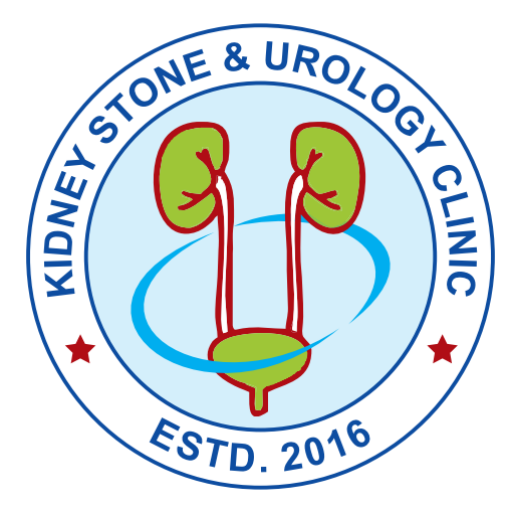Within the intricate landscape of renal disorders, Acute Tubular Necrosis (ATN) stands as a fascinating yet potentially dangerous condition. This blog aims to unravel the mystery of ATN by delving into its causes, symptoms, diagnosis, and treatment options, offering valuable insights into this renal enigma.
Understanding Acute Tubular Necrosis:
ATN is a medical term that describes a severe kidney condition where the renal tubules, responsible for filtering and reabsorbing essential substances from urine, become damaged. This damage can disrupt kidney function, leading to serious health consequences if not promptly addressed.
Causes of Acute Tubular Necrosis:
- Ischemia: Insufficient blood supply to the kidneys, often due to conditions like shock, severe infections, or heart failure.
- Nephrotoxicity: Exposure to certain drugs, such as antibiotics or contrast agents, and toxic substances that harm renal tubules.
- Severe Dehydration: Prolonged fluid loss from vomiting, diarrhea, or excessive sweating can compromise renal function.
- Muscle Injury: Crush injuries or muscle breakdown (rhabdomyolysis) can release harmful substances into the bloodstream that affect the kidneys.
Symptoms of Acute Tubular Necrosis:
ATN can manifest with a range of symptoms, which may include:
- Reduced urine output or complete cessation of urine production.
- Swelling, particularly in the legs and ankles due to fluid retention.
- Fatigue and weakness.
- Nausea and vomiting.
- Confusion and altered mental state (in severe cases).
Diagnosing Acute Tubular Necrosis:
Accurate diagnosis is crucial for timely intervention. Diagnostic methods include:
- Blood tests to assess kidney function and identify electrolyte imbalances.
- Urine tests to analyze the presence of blood, protein, or cellular debris.
- Imaging studies, such as ultrasound or CT scans, to visualize kidney structure.
Treatment Options:
Managing ATN requires addressing its underlying cause while providing supportive care:
- Addressing the Underlying Cause: Identifying and treating the root cause, whether it’s ischemia, nephrotoxicity, dehydration, or muscle injury.
- Fluid Management: Maintaining adequate hydration and managing fluid balance is essential to support kidney function.
- Medication Adjustment: If nephrotoxic drugs are responsible, discontinuing or adjusting medication is necessary.
- Dialysis: In severe cases, when kidney function is severely compromised, hemodialysis or peritoneal dialysis may be needed to temporarily perform the kidney’s filtering function.
Prognosis and Recovery:
The outlook for ATN largely depends on the underlying cause, the patient’s overall health, and the promptness of treatment. With early intervention and the reversal of causative factors, many individuals can recover kidney function fully or partially. However, severe and prolonged ATN may lead to chronic kidney disease or require long-term dialysis.
Acute Tubular Necrosis remains an intriguing yet potentially perilous renal condition. Understanding its causes, recognizing its symptoms, and seeking immediate medical attention are paramount. Timely intervention, addressing the root cause, and providing supportive care can pave the way to a successful recovery and the restoration of kidney function. Awareness and vigilance are key to unraveling the mysteries of ATN and ensuring optimal outcomes for those affected by this renal enigma.

